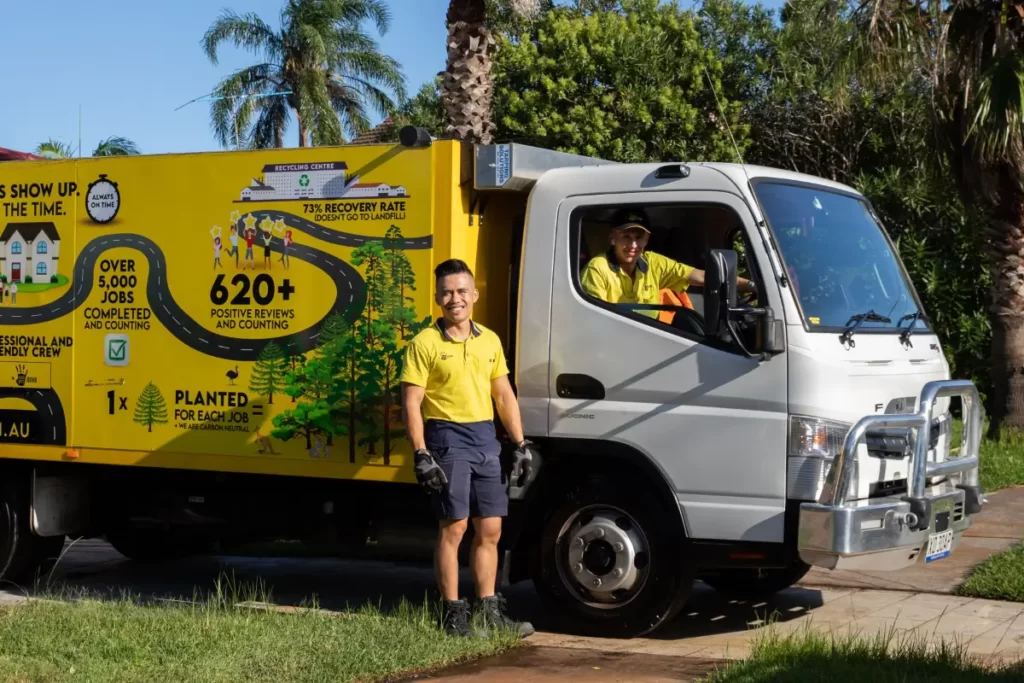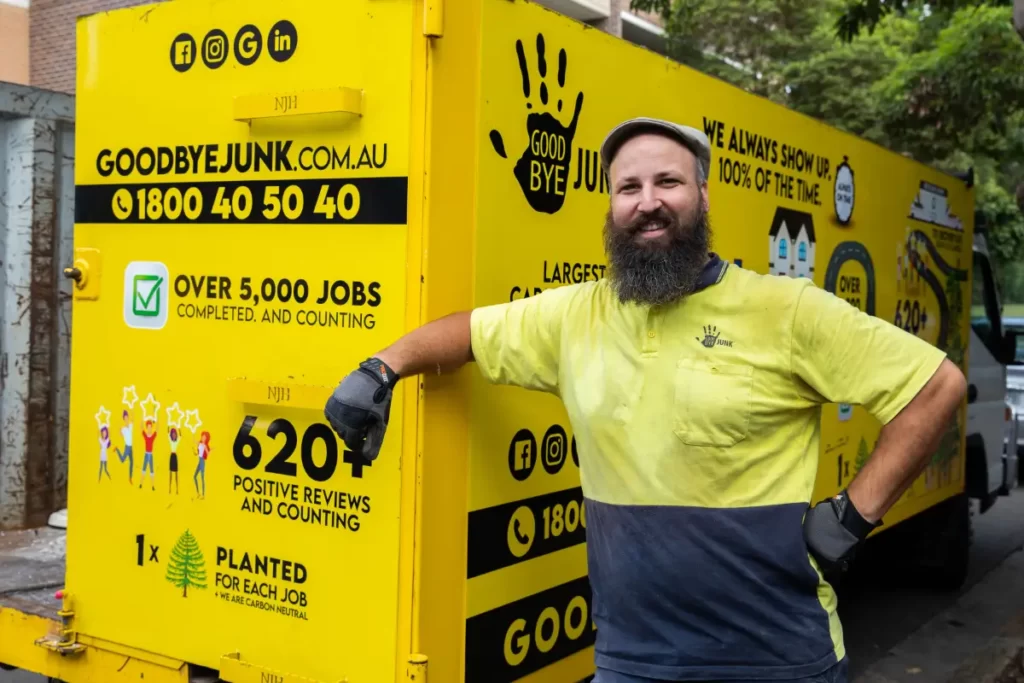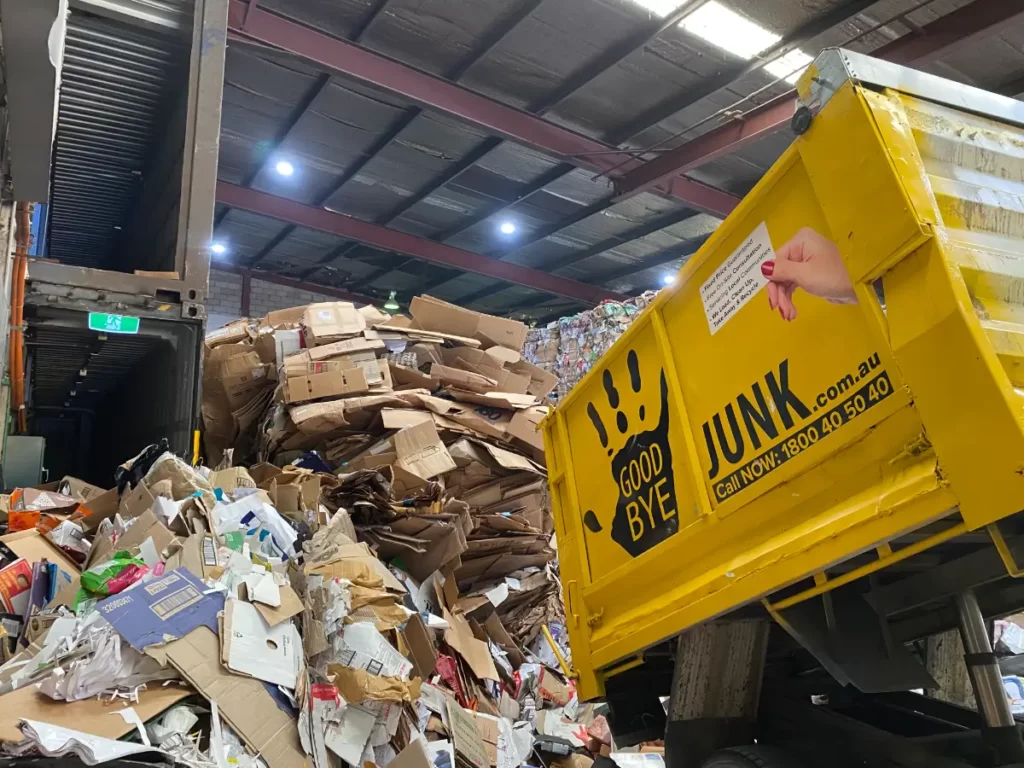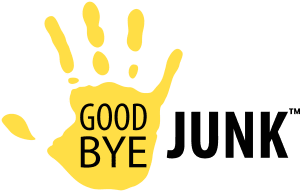Making a Difference, One Load At a Time
Get My Free Quote
Innovative & Environmentally Friendly Waste Removal
Goodbye Junk is passionate about reducing our carbon footprint and achieving sustainability targets across all of our Sydney operations.
We’re involved in a great range of eco-friendly initiatives to not only help mother nature but minimise landfill with our commercial rubbish partners.
One example of such activity is supporting Legend Element with removal of rubbish collected during their beach clean-up events.


Carbon offsetting of Goodbye Junk trucks
We carbon offset the emissions from all of our Sydney vehicles, ensuring that the CO2 we produce is weighted to the number of locally planted trees to capture the same amount of CO2.
On top of this, we are also replacing our fleet of trucks with more environmentally friendly vehicles and have a goal to be 100% electric in the future.Locally planted trees for every waste job
Trees are vital in capturing carbon dioxide from the atmosphere and producing clean oxygen for us to breathe.
We have introduced a new initiative where a local tree will be planted locally for every single job we complete. The trees are planted in Yarra Yarra corridor, Australia’s largest biodiverse reforestation carbon sink, with over 30 million trees and counting. Its also the first and only Gold Standard-certified carbon offset project in Australia.
This is just a small way of helping the current climate crisis and ensuring our industry does its bit for the environment.

Recycling, donation and re-use of waste materials
First Step
Goodbye Junk is continuously working on new ways to recycle, donate and re-use as much of the junk we collect to minimise landfill and give materials a second life.
Second Step
Also, every plastic bin we use on our jobs is made from 100% recycled plastic. Thanks to the team at Pact Group for these!
We are actively thinking of new approaches to recycling and donations, so if you know of any programs or solutions in Sydney please get in touch!
We closely follow all EPA rules for waste removal

- We know what types of waste is carried on all Goodbye Junk vehicles
- Check the council development consent and environment protection license (Section 143 of the Protection of the Environment Operations Act 1997) for the waste facility to make sure it can lawfully accept the waste.
- Provide the waste facility with details of the waste (classification, origin and quantity).
- Ensure any vehicle used for the transport of waste is constructed and maintained to prevent spillage of waste.
- Check the containers used to transport waste are secured safely on the vehicle
- Ensure that any waste that is transported by a vehicle is covered during its journey (unless the waste consists solely of tyres and/or scrap metal).
- Keep accurate written records such as: 1) details of the waste (classification, name and address of its origin and quantity) 2) copies of waste dockets/receipts for the waste facility (date, time of delivery, name and address of the facility, its ABN, contact person).

